Preview 2023: What to watch in energy & climate in Germany, Europe and beyond
Reality check of the energy crisis set to drive resolve in the move to climate neutrality
Contents
Preview 2023: Reality check of the energy crisis set to drive resolve in Germany’s energy transition
The German government coalition under chancellor Olaf Scholz looks back at a turbulent first year in office, which has been dominated by the reality check of Russia’s war on Ukraine and the European energy crisis. The turmoil in global affairs has cost the government immense political and financial resources and put many policy projects planned for 2022 on the backburner, as crisis management – especially in the energy sector – overrode long-term policymaking. However, despite the constant pressure, the coalition has committed to putting the country on track towards climate neutrality by the middle of the century and promised to deliver crucial policy decisions needed to advance a transition in the energy, transport, heating and industry sectors by 2030. Clean Energy Wire’s Preview2023 provides an overview of the most important developments in core areas of German energy and climate policy in the new year. Read the article here.
INTERVIEWS
EU must reduce critical raw material dependency - government advisor
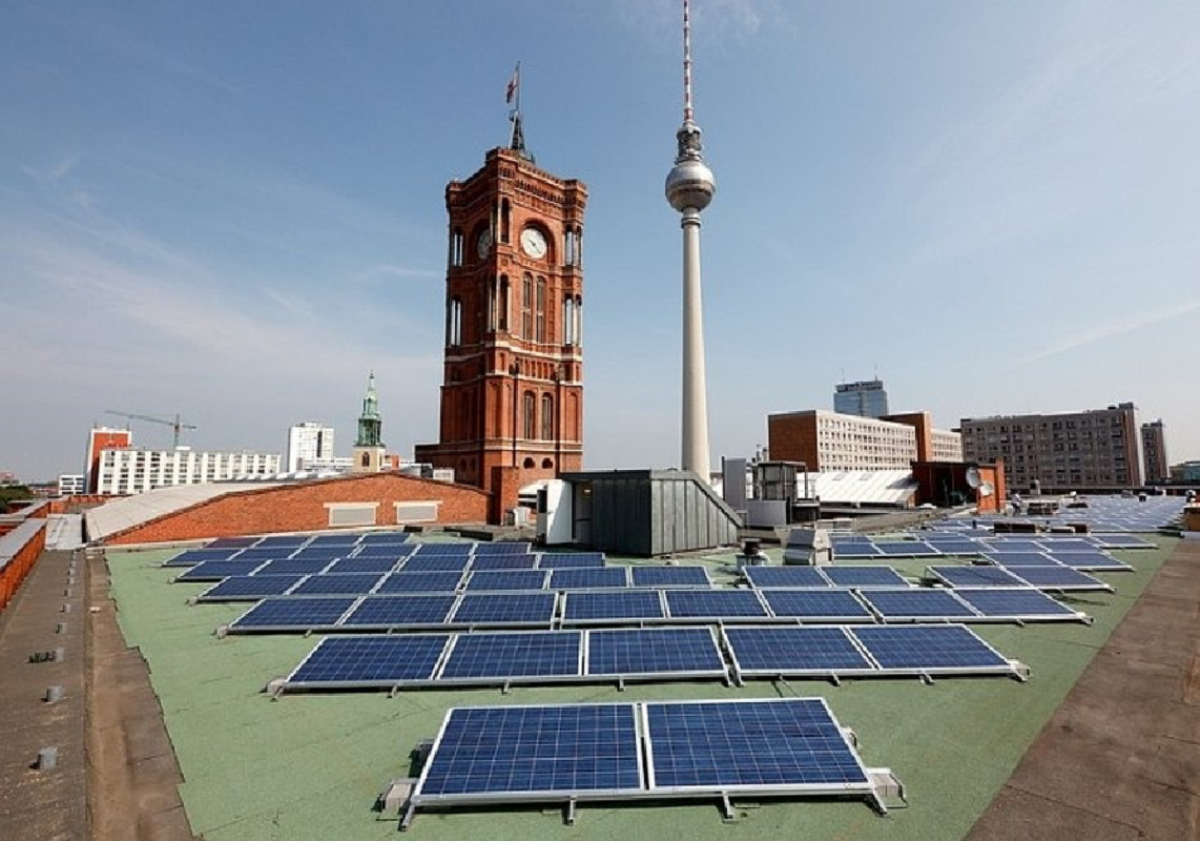
Germany and the EU must focus on reducing their dependence on raw materials that are critical for key energy transition technologies this year, says economist and government advisor Veronika Grimm. “We are [faced] with the task of more closely interlinking our energy, climate, security and trade policies,” Grimm, who sits on the government’s council of economic experts, said. The hydrogen expert added that the government must continue to reduce price pressures on energy markets by procuring gas, mobilising all available power plant capacities, saving energy, cooperating within Europe, and accelerating the shift to a climate-neutral energy supply. “We must prepare our imports of green hydrogen and energy carriers based on it as quickly as possible,” said Grimm. Read the interview here.
Supporting municipalities key for successful climate protection – urban research institute
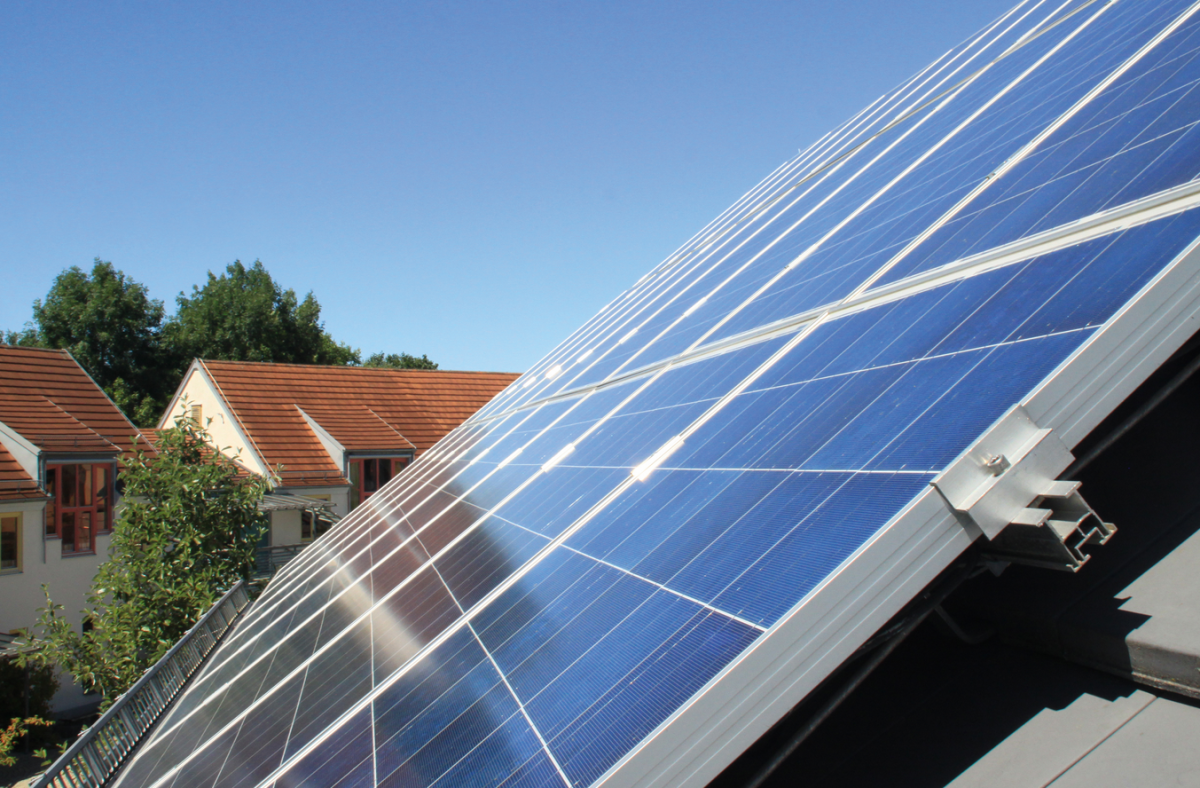
Municipalities of all sizes are at the forefront of the transformation of cities, infrastructure and Europe’s energy system, and should therefore lead this change actively, the German Institute for Urban Affairs (Difu) said. Enabling local actors to invest in climate action, energy efficiency, and climate adaptation and disaster risk reduction should be a priority for next year, researchers Corinna Altenburg and Jens Hasse said. Additionally, it is important that regulations introduced to strengthen the role of renewable energies and energy efficiency in 2022 are implemented this year, they told Clean Energy Wire. Read the interview here.
EU taxonomy’s implementation must deliver push for sustainable finance – researcher
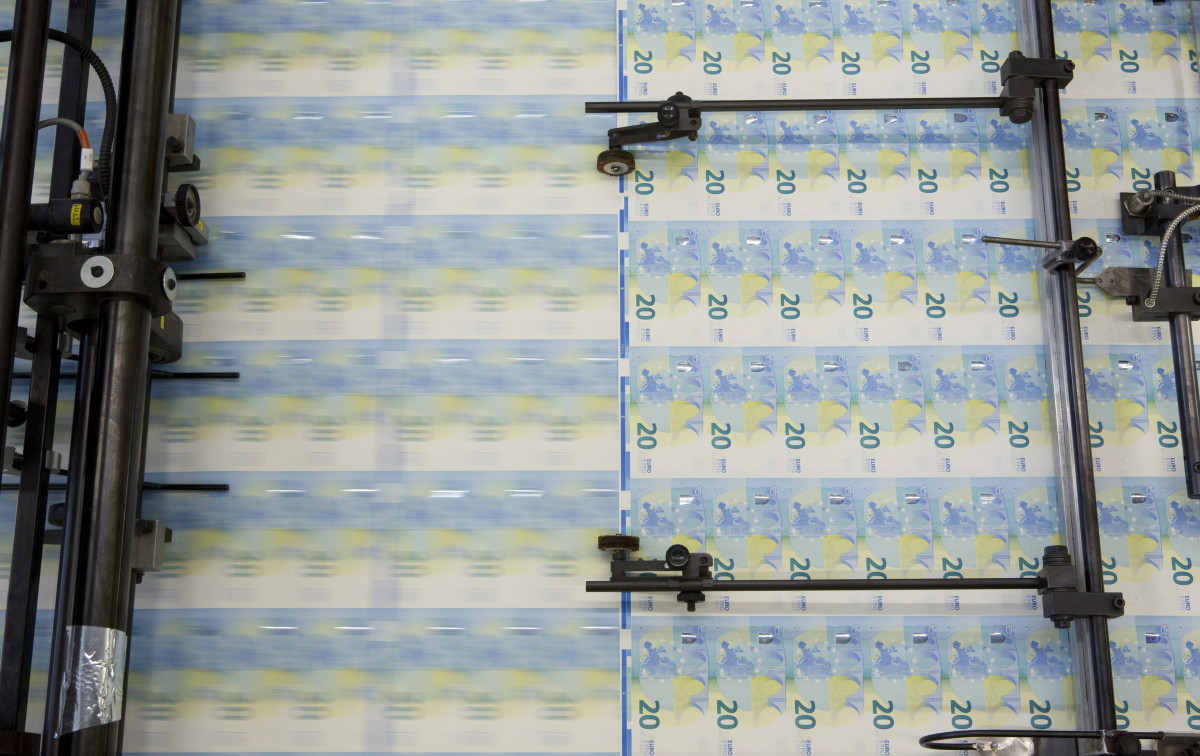
The central role of financial markets in advancing the global transformation towards more sustainable economies has been overshadowed during the turbulent year 2022 on European energy markets, sustainable finance researcher Franziska Schütze of the German Institute for Economic Research (DIW) says. To make up for some lost progress due to the energy crisis, a focus on implementing the EU taxonomy rules for sustainability reporting in financial markets is necessary, Schütze told Clean Energy Wire – especially since rising interest rates could become a long-term threat to investments in renewable power and energy efficiency. Read the interview here.
Germany can get safely through next winter with focus on energy efficiency – agency
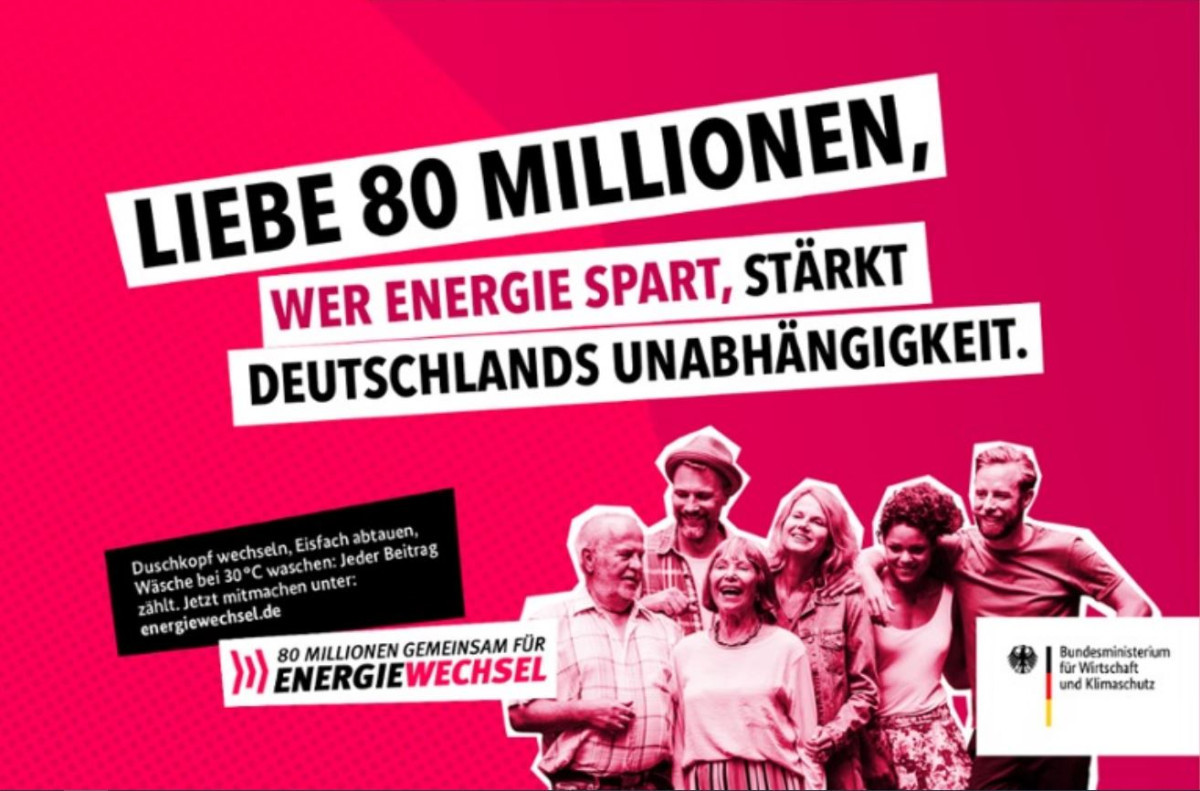
The German government overall has done a good job in maintaining energy supply security in the country in the turbulent year 2022, but risks to the energy system's stability persist also in 2023, says Andreas Kuhlmann, head of the German Energy Agency (dena). However, the country has shown that is ready to use the energy crisis as an impetus for accelerating its energy transition and efficiency measures that can avoid the worst also in the next winter year if efforts are kept up, Kuhlmann told Clean Energy Wire. Read the interview here.
Climate action delay in transport sector must end – govt advisor
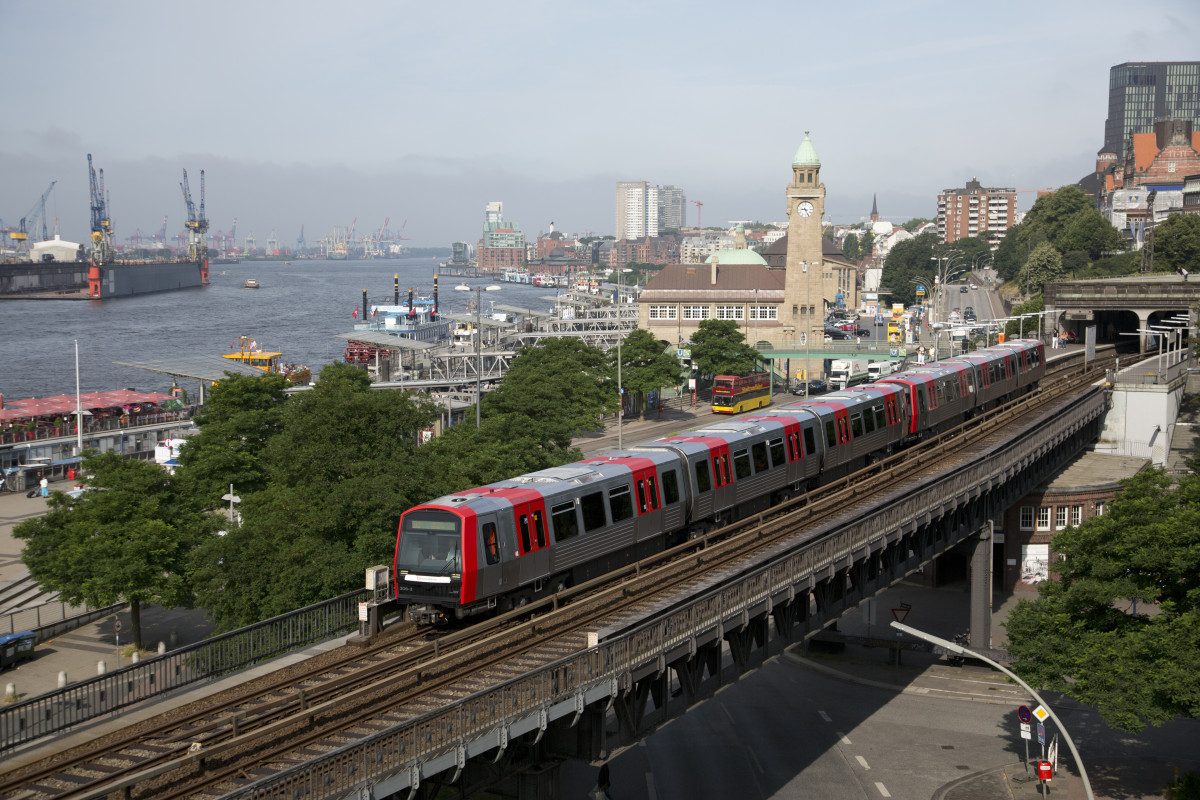
After the shock of the energy crisis in 2022, the German government must tackle a range of issues that have been relegated to the back burner due to Russia’s war on Ukraine, says Brigitte Knopf, secretary general at the Mercator Research Institute on Global Commons and Climate Change (MCC), and advisor to the government on climate policy. Particularly in the transport sector, the country has to come up with a credible plan for rapid emissions reductions after years of stagnation. But challenges in 2023 also lurk with respect to implementing the Paris Agreement, a more just allocation of climate action costs within society, and making Germany’s foreign policy ready for a world that phases out fossil fuels, Knopf told Clean Energy Wire. Read the interview here.
'Investment offensive' must secure fossil fuel independence - energy industry
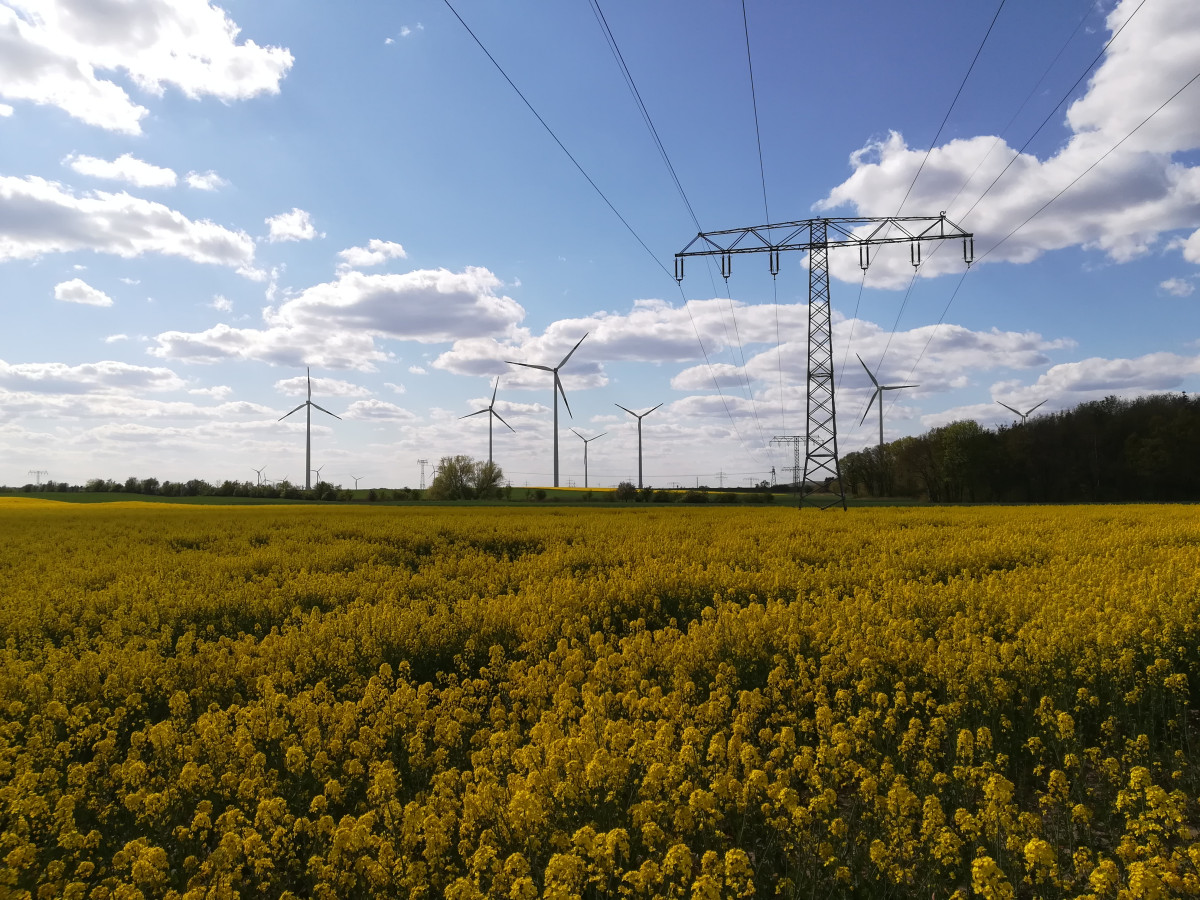
Germany has taken important steps to secure its energy supply and help households and businesses cope with the energy crisis, but it is important to continue along this path consistently in the coming year, according to the country's energy industry. An ‘investment offensive’ in future technologies such as renewable energies, storage systems and hydrogen is needed to make Germany independent from fossil energy imports and to reduce prices, said Kerstin Andreae, the head of German utility association BDEW. Removing obstacles to a rapid renewables expansion and other measures for effective climate protection should be at the top of the government’s to-do list, Andreae told Clean Energy Wire. Read the interview here.
Germany must show efforts to replace Russian gas do not impede emission reduction – researcher
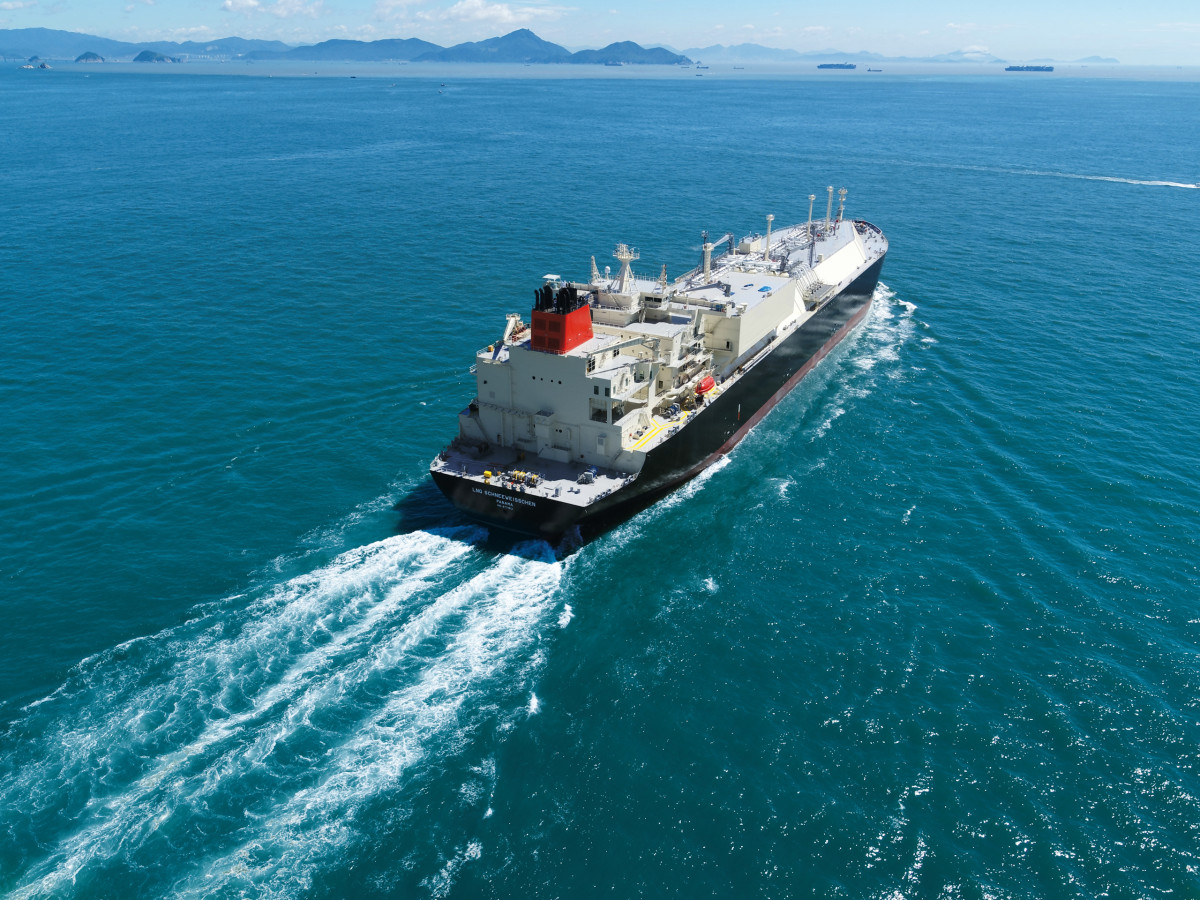
Germany’s efforts to replace Russian gas this year are perceived internationally as lacking coherence with its climate ambitions and the government must show that these efforts do not impede the country’s emissions reduction plans, says Marian Feist, researcher at the German Institute for International and Security Affairs (SWP). One of the key questions of 2023 will be to what extent countries like Germany manage to avoid creating stranded assets and take advantage of the synergies offered by renewables with regard to energy security and emission reduction. Energy security concerns have pushed the topic of adaptation to climate change and the financing for measures in this field to the sidelines in 2022, and a renewed push is needed next year, Feist told Clean Energy Wire. Read the interview here.
Germany must avoid exodus of energy-intensive companies – trade union
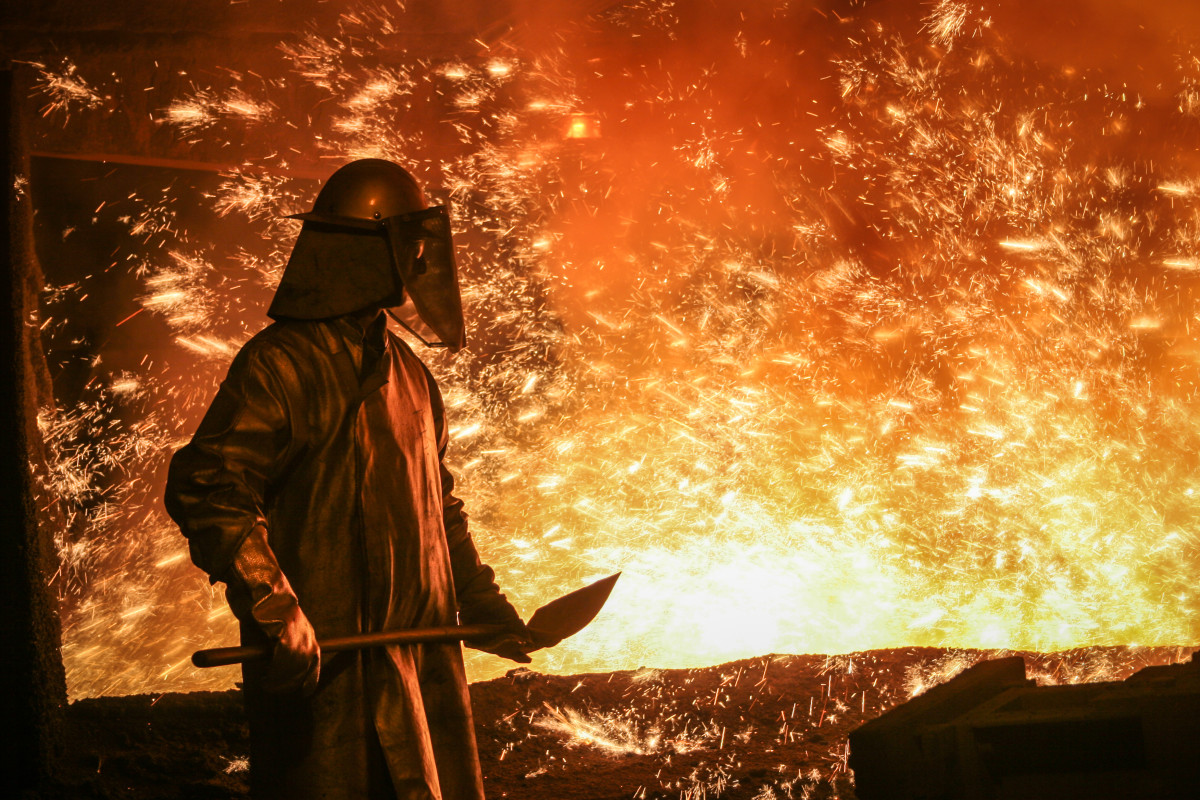
The new year is going to pose the great challenge for Germany’s government to ensure that companies hit by the ongoing energy price crisis do not choose to relocate their business, according to Frederik Moch, head of energy policy at the German Trade Union Confederation (DGB). Keeping businesses and skilled jobs will be as important to the success of the country’s energy transition as building more renewables, Moch told Clean Energy Wire, arguing that this must be addressed urgently by the government in 2023 to avoid lasting damage to Germany’s economic prospects. Read the interview here.
Energy saving and supply increase are key to address gas shortage next year – analyst
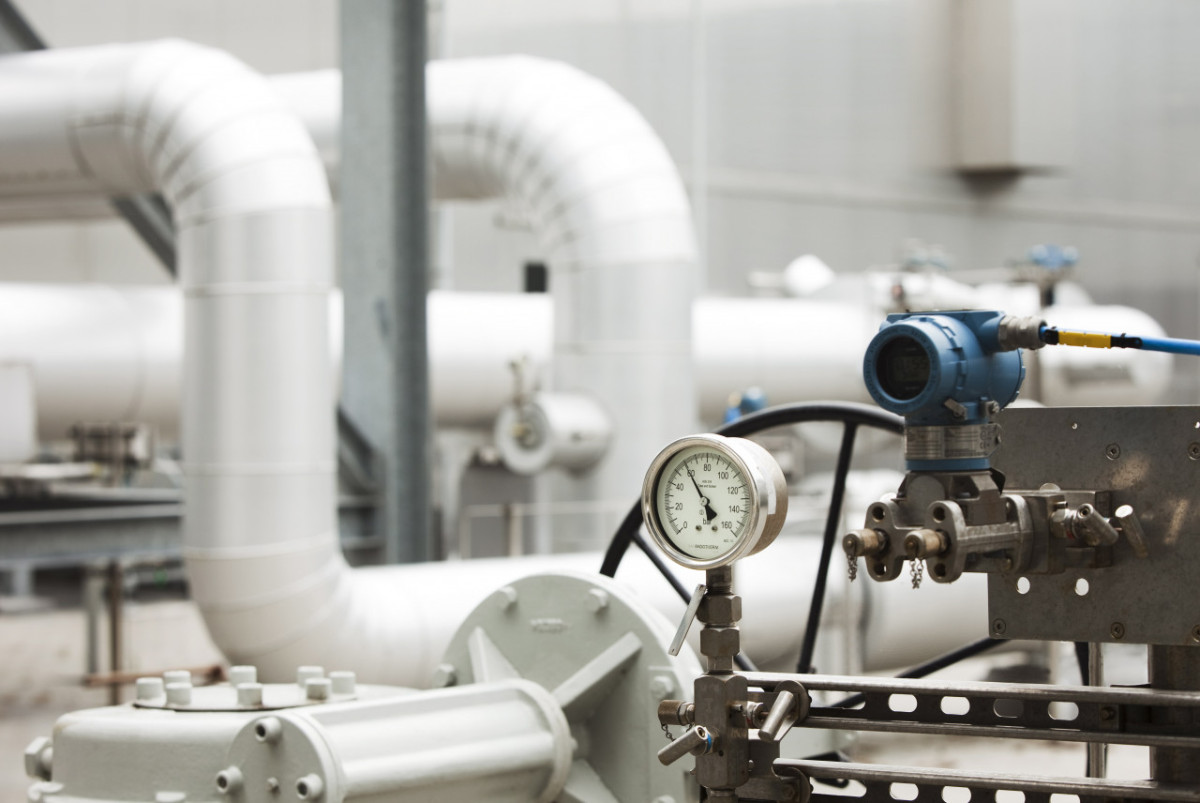
Filling gas storages in 2023 might not be as easy as this past year in the absence of Russian pipeline gas, and Europe should focus on energy saving and finding ways to increase especially LNG supply to address the global shortage next year, says energy analyst Andreas Schröder from ICIS. Nationalised utilities, state-backed investment, fixed price caps, regulated profit margins and mandated storage targets will shape European gas markets in 2023, because the long-lasting European policy doctrine of free markets with little government intervention has been turned upside down thanks to the energy crisis, he told Clean Energy Wire. High gas prices in 2022 triggered additional fossil fuels investment upstream and midstream on a global scale – including the ramp-up of a German LNG import infrastructure – and it is currently difficult to assess the implications for climate change, says Schröder. Read the interview here.
Food supply security, long-term price stability keys for German agriculture – NGO
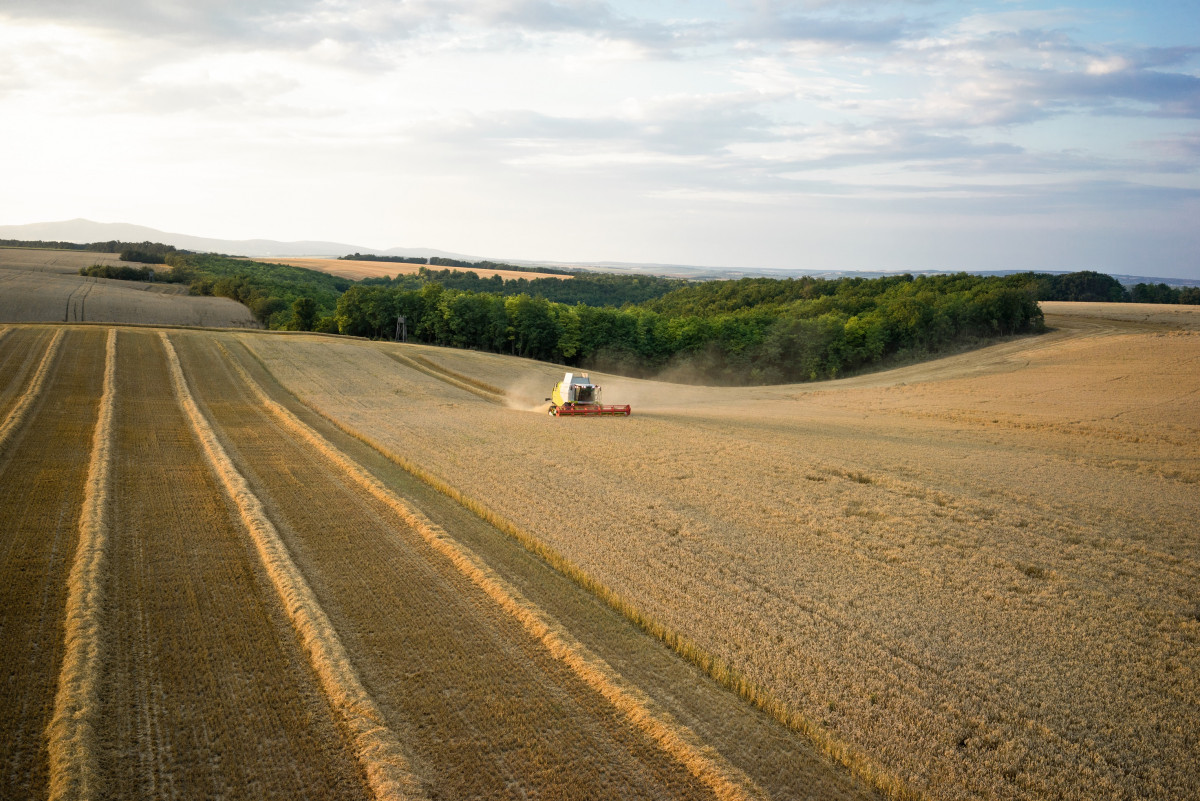
Wars, climate change and competition for land increase worldwide hunger, so Germany must ensure the EU directive on a sustainable food system "becomes a sharp sword" for resilience in the coming year, Reinhild Benning, agriculture expert at NGO Environmental Action Germany (DUH), said. This involves better climate and species protection, which can secure price stability of basic foodstuff in the long term, and a smaller land footprint, achieved through reducing overproduction of meat and dairy, and rethinking support for agrofuels, Benning told Clean Energy Wire. Read the interview here.
Germany must make up for lost year in mobility transition – think tank
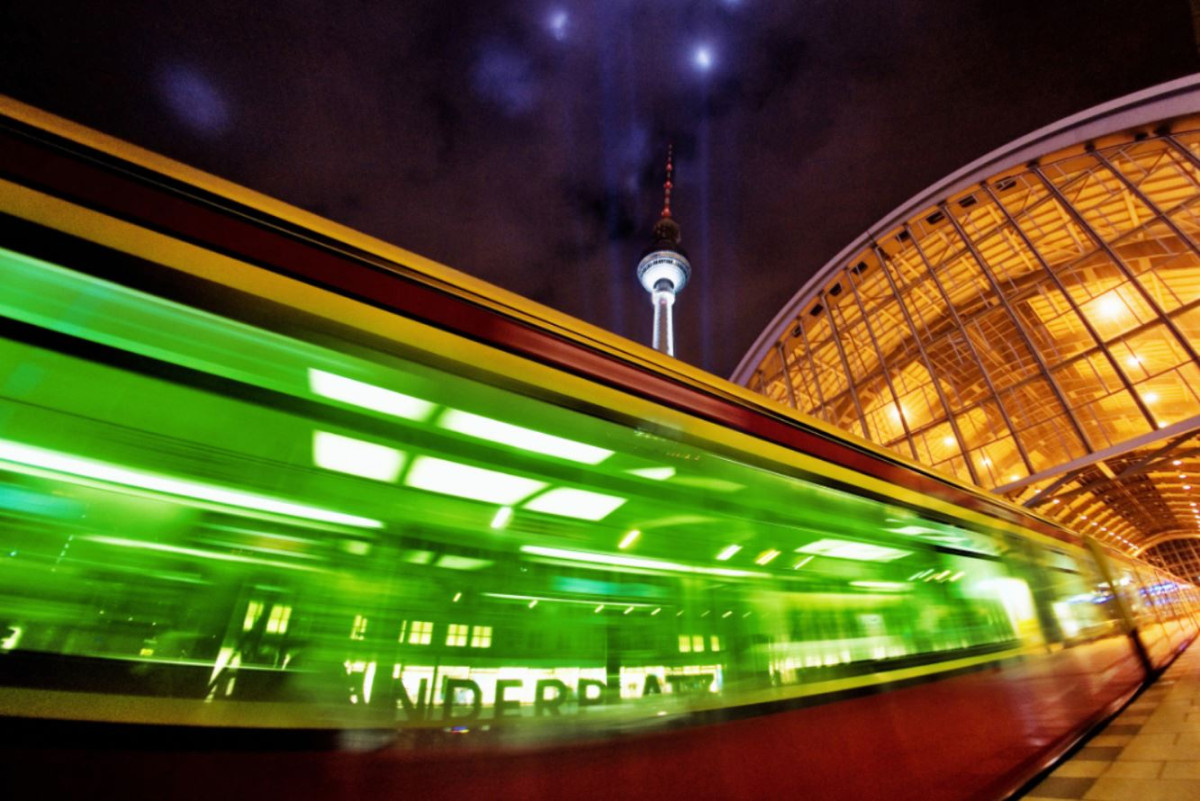
Germany urgently needs an overarching plan to reduce transport emissions in the new year, given that the government didn’t make any headway during its first year in office, Wiebke Zimmer, deputy executive director of clean mobility think tank Agora Verkehrswende, told Clean Energy Wire in an interview. “What is needed is a coherent overall package with a fundamental reform of national taxes and levies” to boost the shift to cleaner cars, complemented by a comprehensive effort to expand public transport, she said. Read the interview here.
Germany, EU must respond to U.S. “Inflation Reduction Act” - BEE
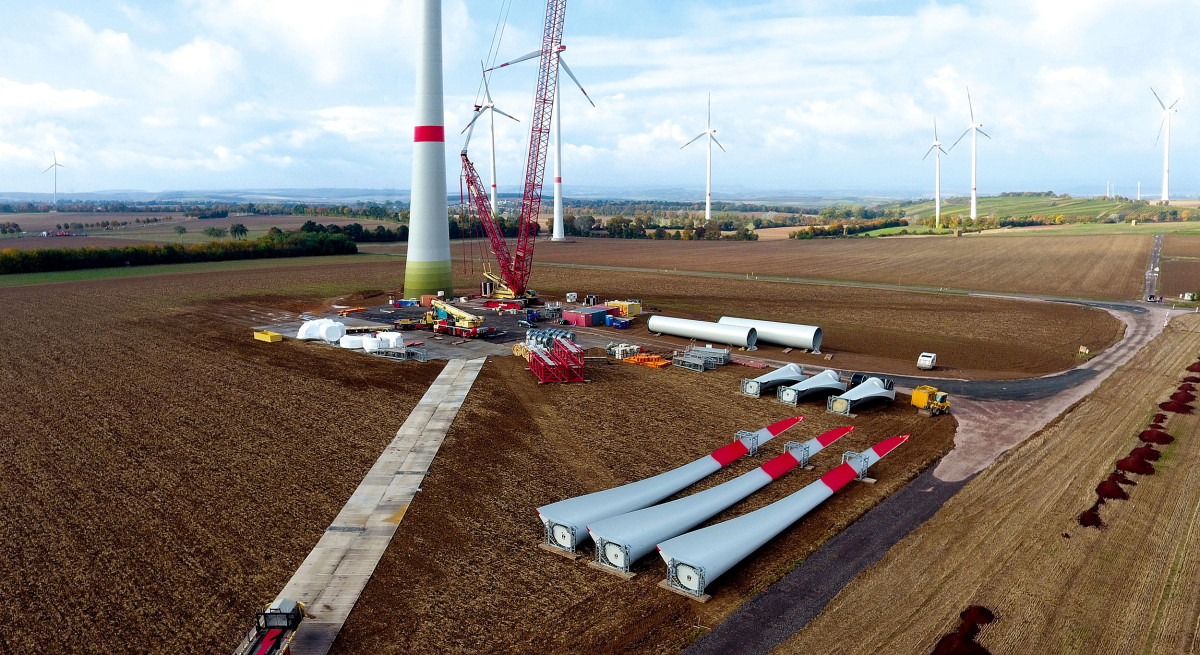
Finding a proper economic policy response to the U.S. government's "Inflation Reduction Act" to lure green energy investments into German and European projects will be one of the key challenges the government is going to face in 2023, says Simone Peter, head of the country's Renewable Energy Federation (BEE). Beyond securing private capital for the much-needed acceleration of renewable power expansion, the German government will have to do everything in its power to make sure that the promised push really starts to take shape next year. While a bold renewable power reform package had already been introduced in 2022, Russia's war in Ukraine and the energy crisis has let unfinished tasks pile up to get the country on track towards an energy system based on 100 percent renewable power generation, Peter told Clean Energy Wire. Read the interview here.
Reform of EU’s fiscal rules key climate debate next year – E3G

European countries will continue to deal with the energy crisis throughout next year, and seek sufficient gas supply on world markets while boosting renewable energy and key technologies such as heat pumps. However, the biggest climate debate of 2023 could be the reform of the EU’s fiscal rules, says Manon Dufour, head of the think tank E3G's Brussels office. It could provide governments with more spending capacity and meet the investment needs of the green transition. After putting “Germany first” in its efforts to tackle the crisis and support German citizens, the government of Europe’s largest economy should seek more compromises on sensitive political issues and take steps to restart the Franco-German engine, Dufour told Clean Energy Wire. Read the interview here.
